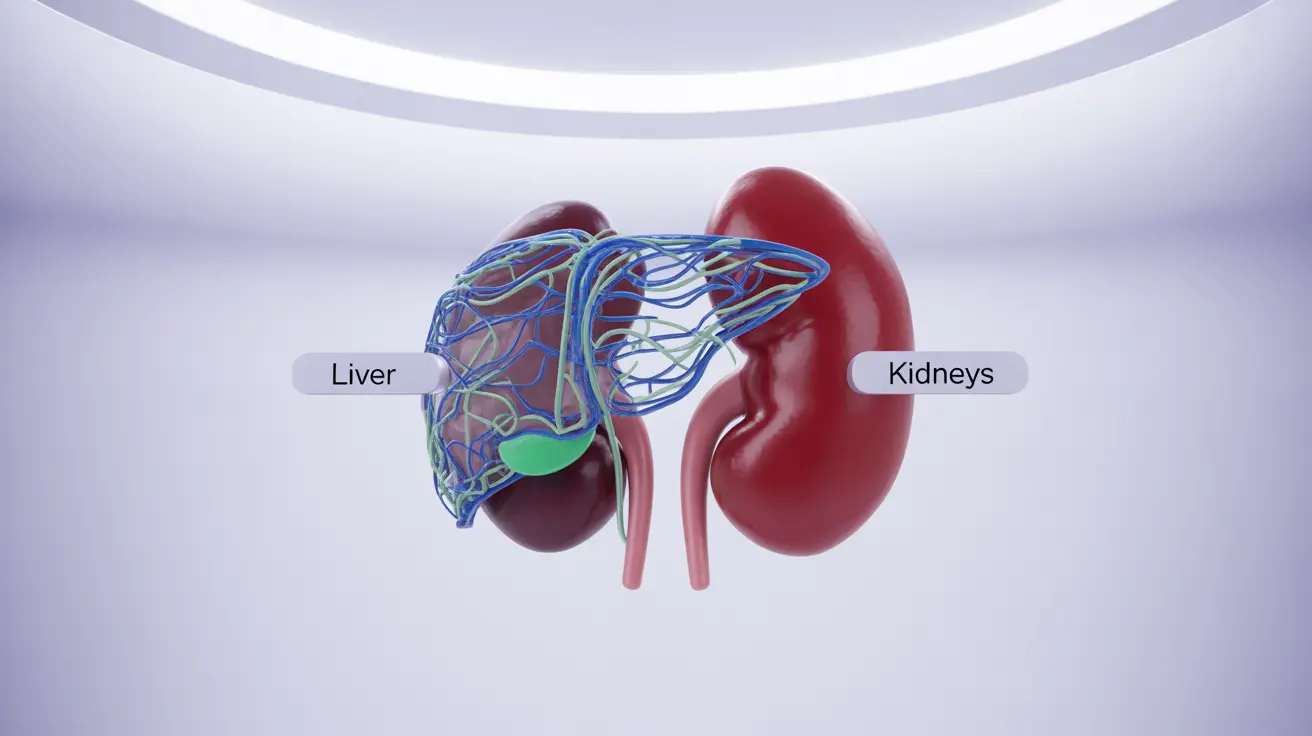In recent years, detox diets have gained significant popularity as a potential solution for weight loss and reducing belly fat. However, understanding the science behind these programs and their actual effectiveness is crucial before embarking on any cleansing regimen.
This comprehensive guide examines the relationship between detox diets and weight loss, exploring scientific evidence, potential benefits, and important safety considerations you need to know.
Understanding Detox Diets and Their Claims
Detox diets typically involve a period of restricted eating, often incorporating specific drinks, supplements, or dietary protocols that claim to eliminate toxins from the body and promote rapid weight loss. These programs can range from juice cleanses to more structured eating plans that eliminate certain food groups.
The Science Behind Detoxification
Our bodies have sophisticated natural detoxification systems, primarily centered in the liver, kidneys, and digestive system. These organs work continuously to process and eliminate waste products and toxins without requiring special diets or cleanses.
How Your Body Naturally Detoxifies
The liver transforms toxic substances into harmless compounds that can be eliminated through urine or stool. The kidneys filter blood and remove waste products, while the digestive system prevents harmful substances from being absorbed. This natural process occurs 24/7, regardless of dietary choices.
Weight Loss and Detox Programs: What Research Shows
While some people report initial weight loss on detox diets, this is typically due to:
- Loss of water weight
- Reduced caloric intake
- Temporary depletion of glycogen stores
Unfortunately, this weight loss is often temporary and may return once normal eating patterns resume. Research has not shown compelling evidence that detox diets are more effective than traditional healthy eating approaches for sustainable weight loss.
Healthier Alternatives for Sustainable Results
Supporting Natural Detoxification
Instead of extreme cleanses, focus on these evidence-based strategies:
- Maintain adequate hydration
- Eat plenty of fiber-rich foods
- Consume antioxidant-rich fruits and vegetables
- Get regular physical activity
- Ensure adequate sleep
Effective Strategies for Belly Fat Reduction
To address belly fat specifically, consider these proven approaches:
- Practice portion control
- Include lean proteins in your diet
- Incorporate regular strength training
- Manage stress levels
- Focus on whole, unprocessed foods
Potential Risks and Considerations
Before starting any detox program, be aware of these potential risks:
- Nutrient deficiencies
- Electrolyte imbalances
- Blood sugar fluctuations
- Muscle loss
- Dehydration
Frequently Asked Questions
What is the best detox diet for losing belly fat effectively?
Rather than following a specific detox diet, the most effective approach for losing belly fat involves sustainable lifestyle changes including a balanced diet rich in whole foods, regular exercise, adequate sleep, and stress management. This approach supports your body's natural detoxification processes while promoting healthy fat loss.
Do detox diets really help remove toxins and promote weight loss?
Scientific evidence doesn't support claims that detox diets remove toxins better than the body's natural processes. While some people may experience initial weight loss, this is usually due to water loss and reduced calorie intake rather than actual fat loss.
Are detox diets safe for long-term use and do they have any risks?
Detox diets are not recommended for long-term use as they can lead to nutrient deficiencies, metabolic disruptions, and other health complications. Extended periods of severe calorie restriction can also slow metabolism and make sustainable weight loss more difficult.
How do detox diets compare to balanced eating and exercise for sustainable weight loss?
Research consistently shows that balanced eating and regular exercise are more effective for long-term weight loss than detox diets. While detox programs might produce quick initial results, these are usually temporary and less sustainable than lifestyle-based approaches.
Can detox diets cause nutrient deficiencies or other health problems?
Yes, detox diets can lead to various health issues including nutrient deficiencies, electrolyte imbalances, dehydration, and energy crashes. People with certain medical conditions or those taking medications should be particularly cautious about following restrictive detox programs.




